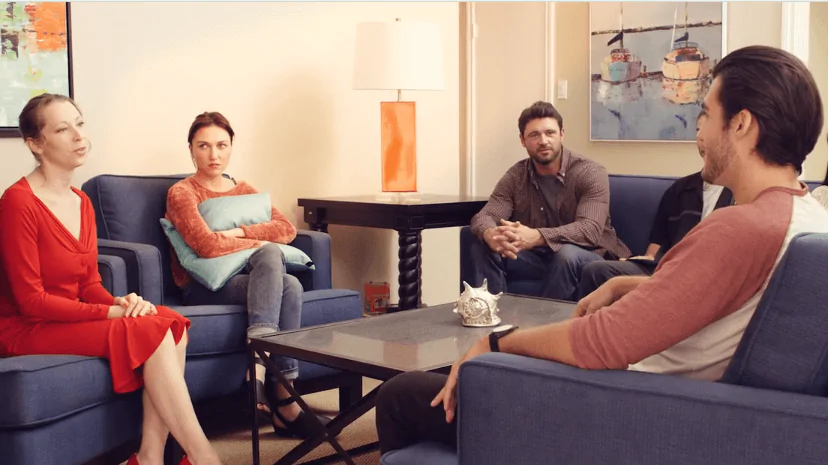24/7 Helpline:
(866) 899-221924/7 Helpline:
(866) 899-2219
Learn more about Opiate Detox centers in Lula
Opiate Detox in Other Cities

Other Insurance Options

MVP Healthcare

Sutter

BlueShield

Group Health Incorporated

Holman Group

Evernorth

Premera

Health Choice

Covered California

WellCare Health Plans

Choice Care Network

Oxford

Meritain

CareSource

MHNNet Behavioral Health

WellPoint

Providence

UnitedHealth Group

Sliding scale payment assistance

American Behavioral















